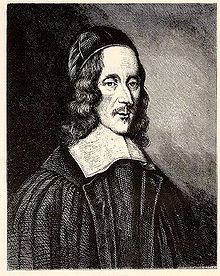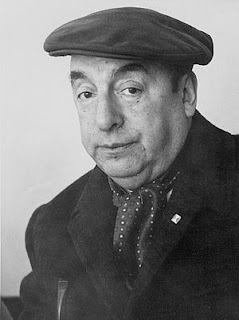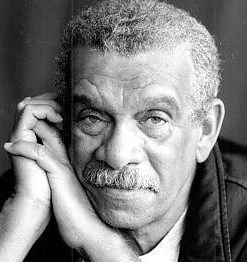Poem & Analysis of 'The Altar' by George Herbert

POEM The Altar George Herbert (3 April 1593 – 1 March 1633) A broken ALTAR, Lord, thy servant rears, Made of a heart and cemented with tears; Whose parts are as thy hand did frame; No workman's tool hath touch'd the same. A HEART alone Is such a stone, As nothing but Thy pow'r doth cut. Wherefore each part Of my hard heart Meets in this frame To praise thy name. That if I chance to hold my peace, These stones to praise thee may not cease. Oh, let thy blessed SACRIFICE be mine, And sanctify this ALTAR to be thine. ANALYSIS Sacrifice and Offering in George Herbert’s The Altar George Herbert’s poem The Altar is a religious poem which reflects deeply about the sacrifice, offerings to the God. Herbert’s poems examine the relationship between God and human beings again and again. The relationship between the two is connected with the rituals of consecration, sacrifice and offering. The poem describes the altar where the sacrif







